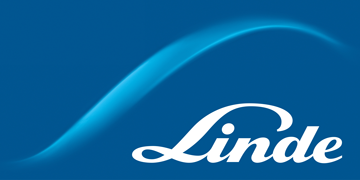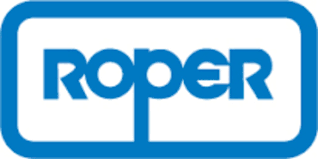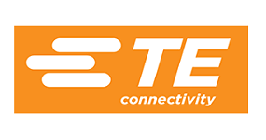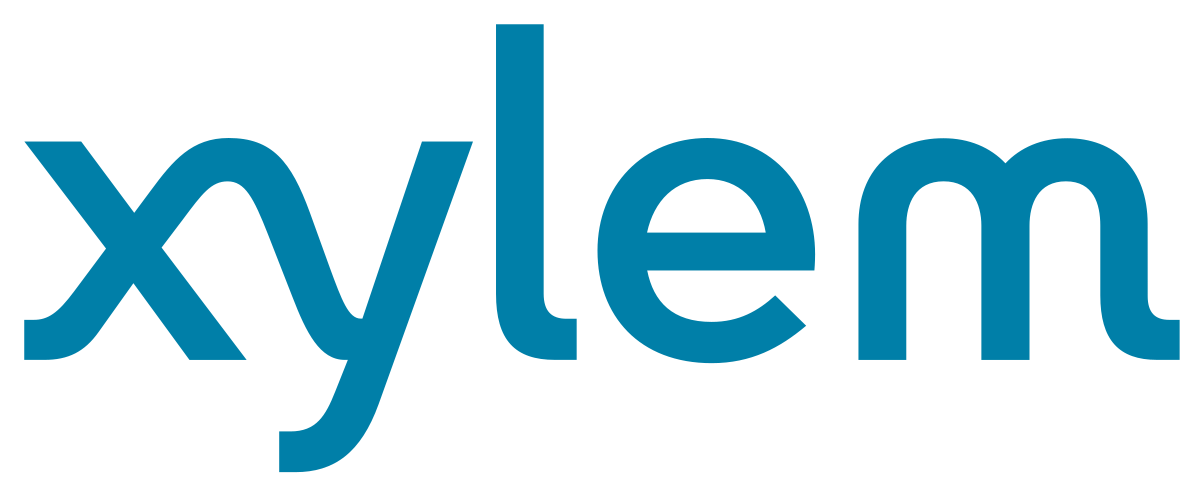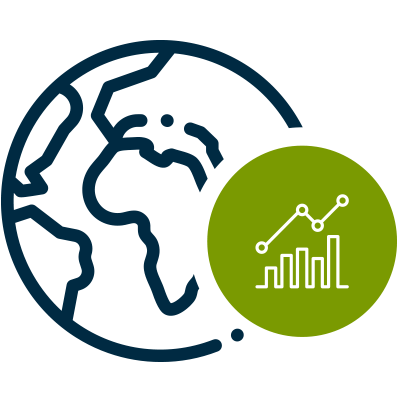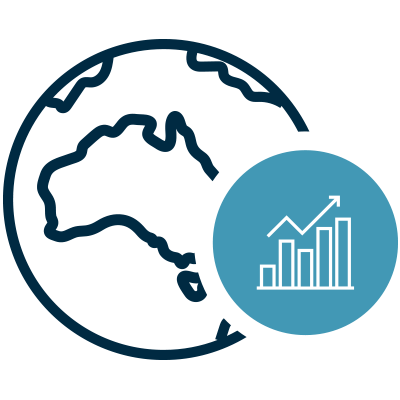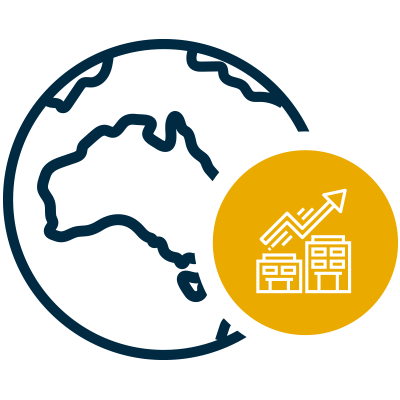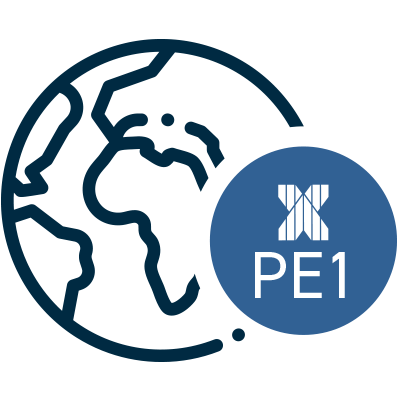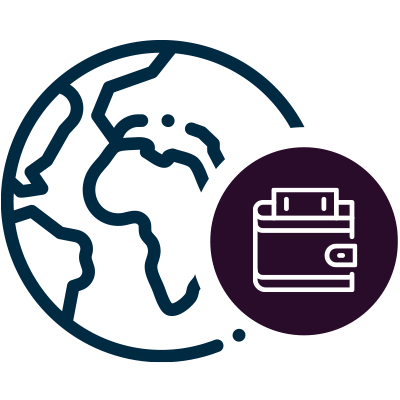SUMMARY
This week we hosted a webinar where we gave an update on WHEB’s strategy covering Q1 2020 and the COVID-19 crisis. Many of you dialled in, we hope you enjoyed it and found it a useful update. For those that missed it, a recording of the webinar is available below.
If you would like to arrange an update call or if you have any questions, please get in touch.
For the month ending 31 March 2020, the Fund returned -6.5% compared to the MSCI World Net TR Index (AUD unhedged) which returned -8.6%. We also provide full investment commentary as well as an article written by Ted Franks: a Lockdown on Leverage.







